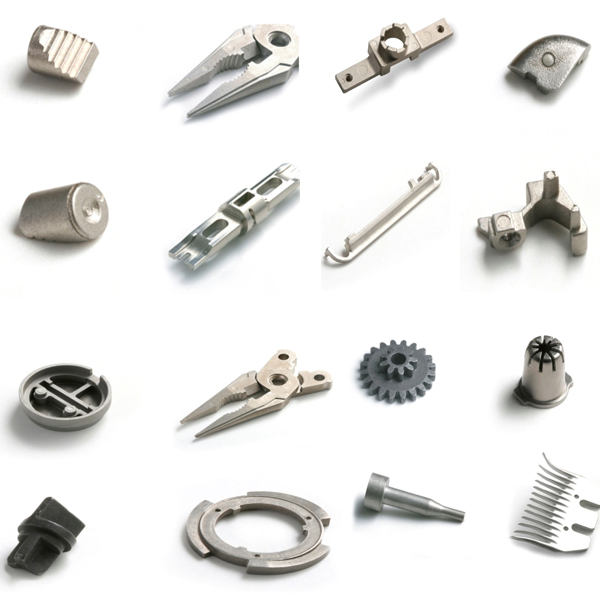Powdered metallurgy can be used in the production of precision medical parts, such as implants, prostheses, and performance-critical instruments, for the medical industry. This process takes powdered metals and other materials and produces high-precision components without the need for machining or grinding. This helps to reduce production times and costs, making these components more accessible to a wider market. Powdered metallurgy is also ideal for producing complex shapes in hard-to-handle materials, including titanium, stainless steel, and cobalt chrome. By manipulating the temperature, pressure, and time of the process, manufacturers can get the desired result for a variety of medical applications. This method of production also allows for greater control of material properties, such as surface finish, corrosion resistance, and strength.
Demand for small, lightweight, high-strength, complex-shaped components is growing across industries today, from automotive, consumer electronics, aerospace and defense to orthodontics and medical devices. As a leading powdered and sintered metal company, Harber Metal specializes in the manufacture of micro and miniature components used in tight-tolerance precision medical devices and equipment.
(MIM)Powdered Metallurgy for Precision Medical Manufacturing
Medical manufacturers produce parts used in diagnostics, surgical procedures, and treatment. The materials used in diagnostic equipment and surgical tools must be biocompatible, sterilizable, and durable—but often they must also be extremely small. Traditional metal stamping and machining methods often cannot produce micro or miniature components within the close tolerance levels necessary to ensure reliable functionality in medical equipment.
Powdered metal manufacturing has become a popular method for producing small components used in medical devices. Some of the advantages of this process include:
Volumes. Powdered metal sintering can easily and cost-effectively produce small and complex precision components in medium and high volumes.
Speed. Powdered metallurgy manufacturing methods are faster than multi-step machining processes used in microstamping and micromachining. Parts produced in this manner are often at or very near their final required dimensions.
Biocompatibility. Many biocompatible and medical-grade powdered metal materials are available for use.
Low waste. Powdered metal manufacturing generates very little waste in comparison to machining and stamping, facilitating sustainable efforts and lowering production costs.
Surface finish. Parts produced using powdered metallurgy have a quality surface finish (32 micro finish) on their own but can also be further finished to meet specific design needs.
Complexity. Powdered metallurgy methods can produce small parts of extreme complexity that cannot be achieved by other methods.

Powdered metal manufacturing is compatible with a versatile range of materials, all of which can be secondary heat treated, such as:
SS-304NI-30 Stainless Steel
SS-316NI-25 Stainless Steel
CZ-1000 90/10 Brass
FN-0208 Nickel Steel
FLN-4205 Low Alloy Steel
FC-0208 Copper Steel
F-0008 Carbon Steel
FLC2-4808 Sintered Hardened Steel
Uses for Medical Metal Parts
Powdered metallurgy has been used to produce small and intricate bone and surgical tools, and an expansive range of extremely small mechanical components used in medical equipment and devices. This process continues to grow in popularity for its ability to produce complex component details within impressively tight tolerances.
Harber Metal has the tools and expertise to produce a wide range of miniature parts for use in medical devices and equipment, including gears, gearboxes, and planetary drives. We submit all our medical products to the strictest quality processes before releasing them. Using our advanced powder metallurgy capabilities, our team can produce a variety of small and complex medical components and devices, such as:
Gears
Gearboxes
Planetary drives
Medical dispensing devices













